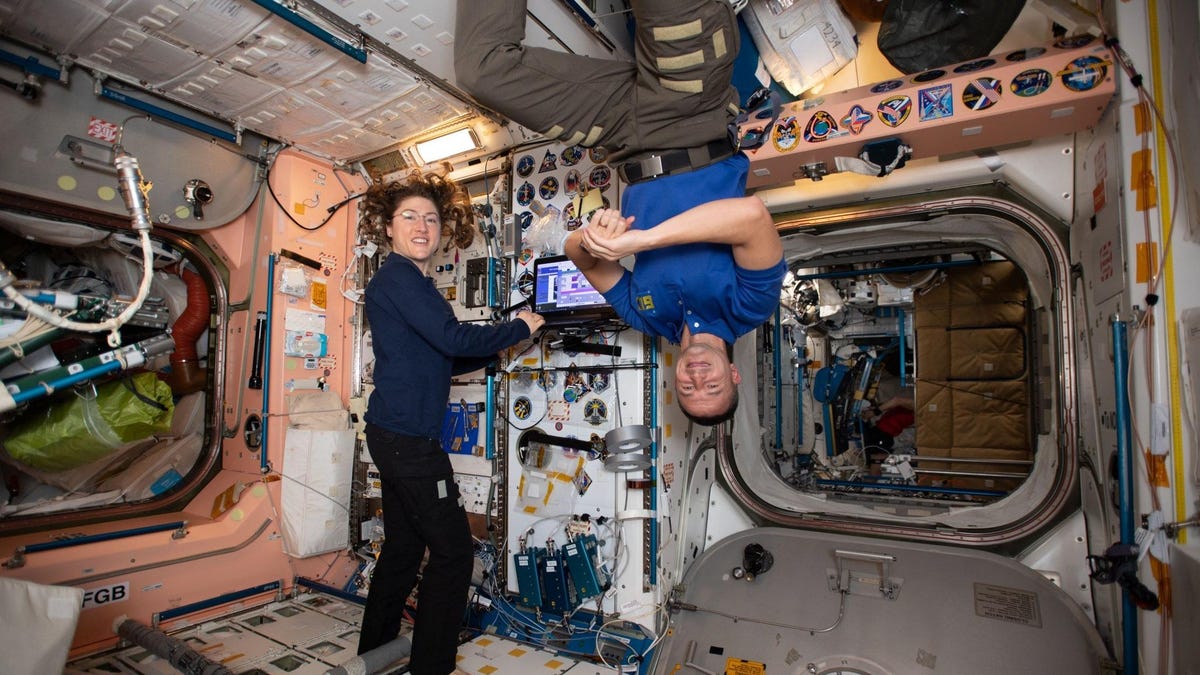Microsoft AI Tool VASA-1 Creates Convincing Videos from Still Images
A recent publication by researchers at Microsoft introduced VASA-1, a cutting-edge AI tool designed to generate remarkably realistic videos of individuals speaking, utilizing nothing but a single static image as a reference. Despite Microsoft’s current absence of plans for public release, the capabilities of VASA-1 are undeniably impressive. However, a close inspection may reveal a slight flaw in the rendering of teeth, displaying a somewhat cartoonish quality.
Functionality of VASA-1 Model
The mechanism behind the VASA-1 model involves processing a still image of a human face or an AI-generated face that belongs to a non-existent individual. Upon input of an audio file, the AI produces a synchronized video complete with intricate facial expressions and naturalistic movements. This process, exemplified through videos provided by Microsoft, showcases the tool’s remarkable proficiency in creating lifelike visual content.
One noteworthy aspect of VASA-1 is its ability to swiftly produce high-quality videos, a feat that distinguishes it from other AI generators that have encountered challenges in this area. The model’s latency of a mere 0.17 seconds, as noted in the research paper, underscores its efficiency, particularly when implemented on a desktop PC featuring a single NVIDIA RTX 4090 GPU.
Implications and Responsibilities
The developers of VASA-1 acknowledge the ethical considerations associated with such technology, prompting Microsoft’s cautious approach towards its public deployment. While the AI tool holds promise in various domains, including education, accessibility enhancement, and emotional support services, Microsoft remains steadfast in ensuring responsible use and regulatory compliance.
As the researchers refrain from immediate release of an online demo or any commercial offerings, they emphasize the necessity of safeguarding the technology against potential misuse, particularly in light of prevalent fraudulent activities and disinformation campaigns that exploit AI-generated content. Moreover, amid global concerns regarding the proliferation of synthetic media, the importance of ethical AI development is underscored as a means of preserving societal well-being.
In conclusion, the advent of tools like VASA-1 signifies a significant milestone in AI-driven content creation, albeit accompanied by challenges and ethical dilemmas. As technological advancements continue to shape the digital landscape, conscientious stewardship of AI applications remains imperative to safeguard truth, authenticity, and human integrity.
Image/Photo credit: source url





